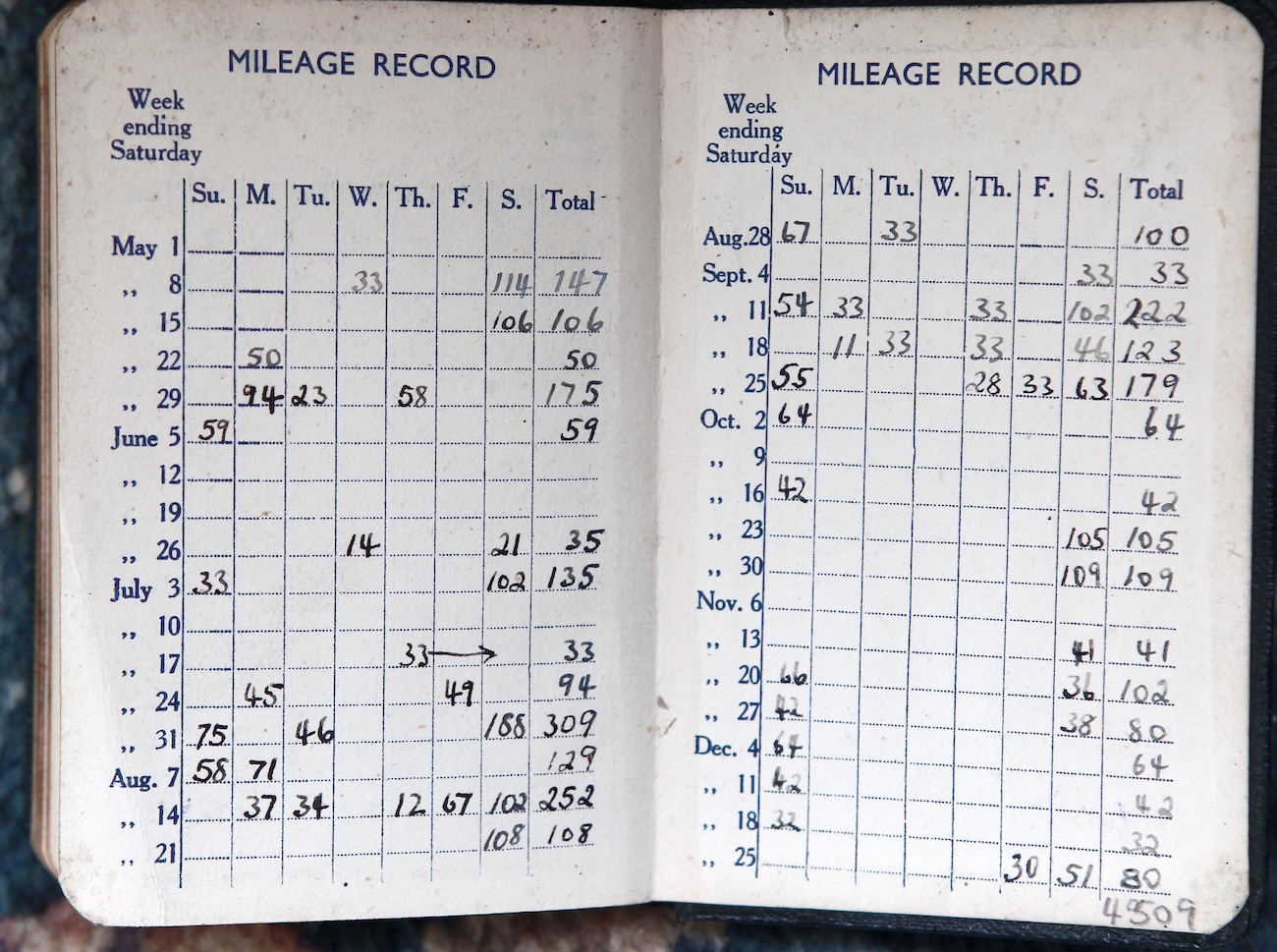No one wants to pay more tax than they have to. But let’s be honest. Trying to figure out tax rules can be complicated, stressful and boring.
Here are some basic tax saving tips for small business owners that can help you make the most of the tax relief options available.
Choose the right business structure
If you’ve just started out, doing business as a sole trader is usually the easiest and best option.
But as your profits grow, changing your structure could reduce your tax bill. Partnerships and limited liability companies both have their pros and cons. So, it’s worth speaking to an accountant for advice on which structure would work best for your business.
Track small expenses
One in four small businesses don’t claim expenses under £5, because they think it’s not worth the effort. This is a mistake.
It may be tempting to leave small amounts out of your tax calculation. But you’d be surprised at how quickly they can add up.
Tracking even the smallest expenses doesn’t require much effort. Many online accounting software programmes allow you to upload receipts. Simply snap a photo with your phone, upload it and the expense will be automatically added to your expenses log. That way, you won’t leave anything out.
Treat your staff with tax-free benefits in kind
Certain benefits are tax-free for your employees. And you can use them to reduce your tax bill.
These include:
- Meals. Free or subsidised meals in a staff canteen
- Hot drinks and water at work
- Mobile phone: Up to one phone per employee
- Workplace parking
- Annual parties: These must be open to all employees and cost less than £150 per person
- Health checks: One heath-screening assessment and one medical check-up each year
- Long service and suggestion scheme awards, within certain limits















